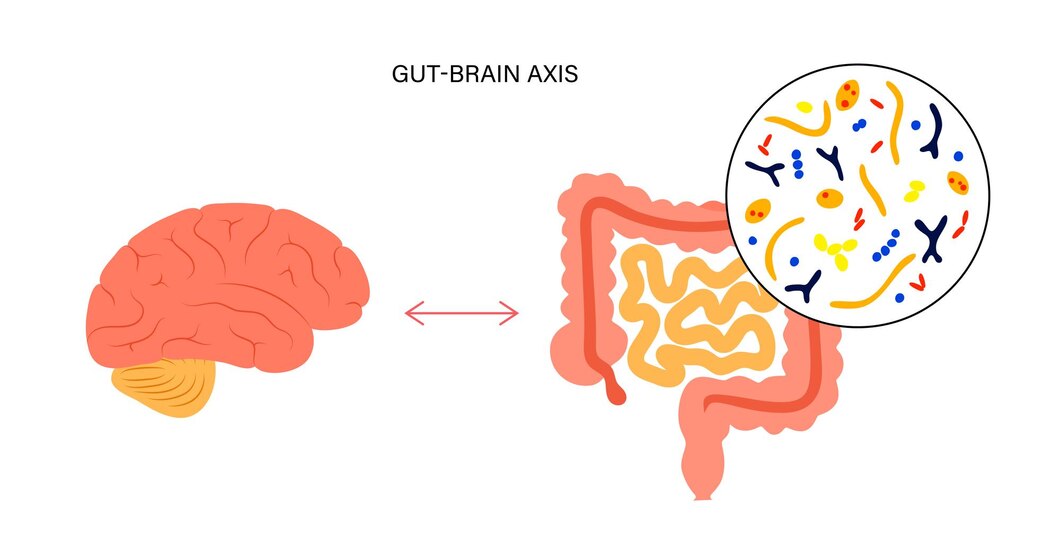The gut microbiome, the community of microorganisms living in the human gut, is increasingly recognized as playing a crucial role in metabolic conditions like obesity and neurological diseases such as Parkinson’s disease. These findings were recently presented at Neuroscience 2022, the annual meeting of the Society for Neuroscience, which is the largest source of emerging news about brain science and health worldwide.
Our bodies harbor trillions of microbes, and the gut microbiome, in particular, appears to have a significant impact on human health and disease through various mechanisms. Advancements in tools and techniques have enabled researchers to investigate how interactions between our gut microbes, environment, and biology can influence a range of health conditions.
The latest research has revealed the following key findings:
Early life adversity is linked to imbalances in the gut microbiome, inflammation, and structural differences in the brain associated with body mass index (BMI) (Johnny Figueroa, Loma Linda University).
Changes in the gut microbiota may contribute to the transport of abnormally folded proteins from the colon to the brain, leading to the loss of dopaminergic neurons in Parkinson’s disease (Yoon-Seong Kim, Rutgers-Robert Wood Johnson Medical School).
Exposure to oral pesticides can alter dopamine pathways in the brain and induce changes in the gut microbiome that are relevant to Parkinson’s disease (Timothy R. Sampson, Emory University).
“The neuroscience research presented today emphasizes that, when it comes to metabolic and neurological disorders, we must not solely focus on the brain. Everything occurring in the gut has an impact on the brain,” explains Sonia Villapol, an assistant professor of neurosurgery at Houston Methodist Research Institute, who studies brain recovery through peripheral mechanisms, including the gut microbiome. “Gaining a better understanding of the interactions between the gut and the brain will provide significant opportunities for diagnosing, treating, and preventing diseases.”
This research received support from national funding agencies such as the National Institutes of Health and private funding organizations.


